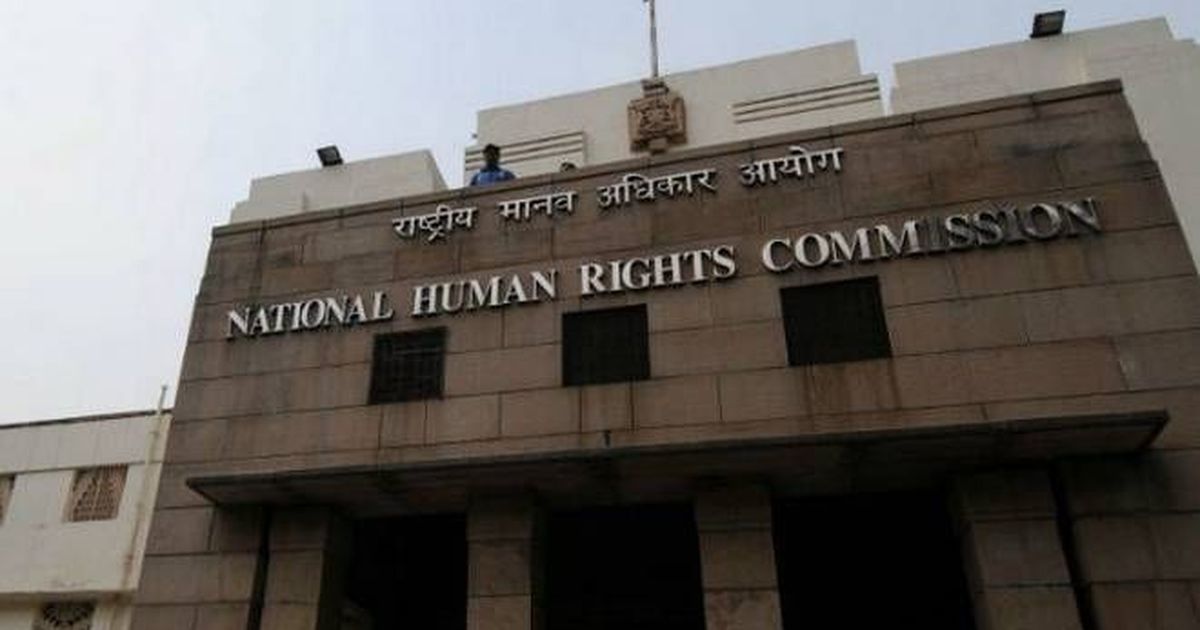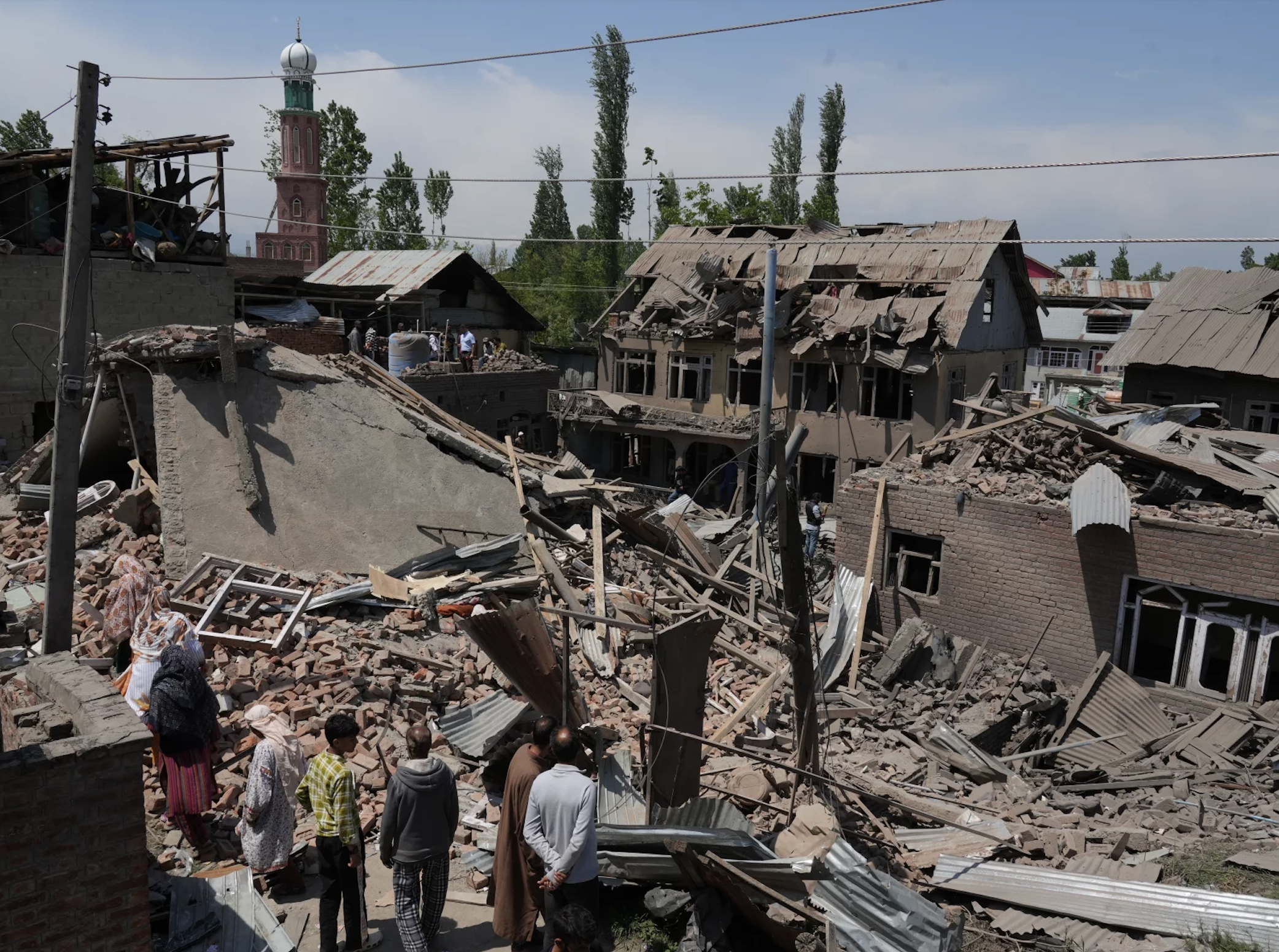
By Umer Maqbool
Srinagar: Defending the maximum period of detention prescribed under the controversial Public Safety Act (PSA) 1978, which Amnesty International has described as a “lawless law”, the Jammu & Kashmir administration has submitted that the legal instrument shall be deemed an Act passed by Parliament as it had been retained through the Jammu & Kashmir Reorganisation Act when the Centre reorganised the former state into two union territories in 2019.
The J&K government made the written submission after a plea in the J&K high court challenged the maximum period of detention stipulated under the controversial law. The grounds for the submission were that Parliament now has the sole authority to prescribe it as these powers are no longer with J&K.
The Act provides for a maximum detention of two years in case of persons acting in any manner prejudicial to the state, while the maximum detention under the National Security Act (NSA) 1980 is one year.
‘PSA an act of Parliament’
In its objections, the J&K administration has submitted that the PSA as well as its provision prescribing the maximum period of punishment shall be deemed to have been passed by Parliament. To quote at length:
“It is submitted that Parliament has enacted The Jammu and Kashmir Reorganisation Act, 2019. Under the said Act, certain laws which were applicable to erstwhile state of Jammu and Kashmir have been continued to be applicable to the Union Territory of Jammu and Kashmir. Such laws have been enumerated under Table 4 of the fifth schedule which also includes Jammu and Kashmir Public Safety Act-1978. Parliament has retained all these laws for the Union Territory of Jammu and Kashmir including Jammu and Kashmir Public Safety Act-1978 (including the provision providing maximum period of detention under the said Act). All such laws shall be deemed to have been passed by the Parliament. Therefore, after reorganization of erstwhile state into two Union Territories, Jammu and Kashmir Public Safety Act 1978 including the provision providing for maximum period of detention, shall be deemed to have been passed by the Parliament under Article 22(7) of Constitution of India, as such its all provisions including section 18 are valid and constitutional.”
The J&K Public Safety Ordinance was promulgated in 1977 by then Governor L.K. Jha, following the recommendations of Sheikh Muhammad Abdullah’s cabinet. In 1978, the J&K legislature replaced the ordinance with the Act.
Under Article 22(7) of the Indian Constitution, which became applicable to J&K from August 5, 2019, Parliament can enact a law to prescribe the maximum period for which any person can be detained under any law as preventive detention.
However, before abrogating Article 370, the authority for prescribing the maximum period of detention was vested with J&K as the Constitution (Application to Jammu and Kashmir) order of 1954 modified Article 22(7) by replacing “Parliament” with “state legislature”. That is, the maximum period of detention was to be decided by the state legislature before reading down Article 370.
On August 5, 2019, the Constitution (Application to Jammu and Kashmir) order 2019 superseded the Constitution (Application to Jammu and Kashmir) order 1954 as amended from time to time, precluding the modification inserted in Article 22(7).
The ninth entry of the Union list – “preventive detention for reasons connected with defence, foreign affairs or the security of India; persons subjected to such detention” – and the third entry of the Concurrent list – “preventive detention for reasons connected with the security of a state, the maintenance of public order, or the maintenance of supplies and services essential to the community; persons subjected to such detention” – also became applicable to J&K from August 2019.
‘PSA not in conflict with NSA’
The J&K government has also submitted that the NSA and the J&K PSA don’t contradict each other. As the administration submitted:
“Both these enactments have been made applicable to the Union Territory of Jammu and Kashmir. However, maximum period of detention as provided in the Jammu and Kashmir Public Safety Act will be applicable only in the Union Territory of Jammu and Kashmir. This law has been made specifically for the Union Territory of Jammu and Kashmir keeping in view the present security scenario in the Union Territory. Parliament has power to enact laws keeping in view the specific requirements of a particular state or a Union Territory. Both these enactments are neither contradictory nor repugnant and even otherwise the “doctrine of repugnancy” is not applicable when both the laws are enacted by the Parliament . It is applicable only when there is repugnancy or contradiction of laws made by the Parliament and the State legislature. There is in fact no contradiction between two laws and both supplement each other.”
The local government also contended that Parliament enhanced the period of detention prescribed under the NSA for Punjab and Chandigarh in 1984.
“It is submitted that it is not the first time that for a particular state/ Union Territory, the Parliament has prescribed the period of detention which is different from the period prescribed under National Security Act . The said Act has been amended in relation to State of Punjab and Union Territory of Chandigarh by the Parliament in year 1984, to provide that the period of detention of ‘twelve months’ shall be two years in relation to Punjab and Chandigarh UT.”
As it happens, the PSA contradicts the Bharatiya Janata Party leadership’s and the Centre’s claims that they have done away with laws discriminating against the citizens of J&K.
Almost all other J&K laws – which were mirrors of central laws like Juvenile Justice Act, Consumer Act, Waqf Act, etc. – were repealed through the Reorganisation Act.
“The laws that they feel can be used as a tool for fulfilling their agenda have been retained under the J&K Reorganisation Act,” Lok Sabha member from Anantnag Justice Hasnain Masoodi said.
Zulkernain Sheikh, who is appearing on behalf of the petitioner in the case, said Parliament has already prescribed the maximum detention by enacting the NSA and this is also applicable to J&K.
“How can there be any law prescribing [a longer] period of detention than the law enacted by Parliament?” he asked. “The objections filed by the J&K government are misconceived. Either they have not understood the real question of law involved or they are deliberating trying to defend something which is unconstitutional.”
Use of the PSA
PSA allows detention without a trial for a period of up to two years, and has a history of arbitrary use in J&K since 1989, when armed conflict broke out in the region. Around 20,000 persons have been booked under the law in the last 30 years even as prominent human rights groups have demanded its repeal.
Before August 2019, the government used the law mainly against separatists, stone-pelters, militants and their over-ground workers. This said, mainstream J&K politicians were also booked under the law when the BJP-led Centre abrogated Article 370 in 2019.
Three former chief ministers, Farooq Abdullah, Omar Abdullah and Mehbooba Mufti, were also slapped with the PSA after the Centre detained them.
This story first appeared on thewire.in





